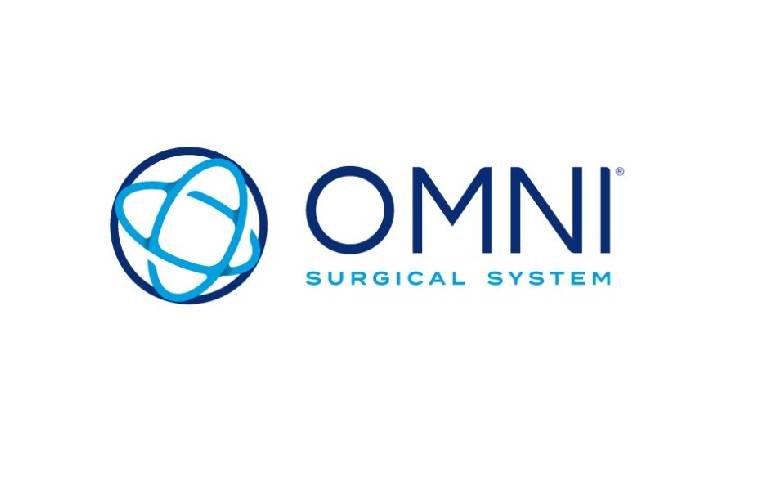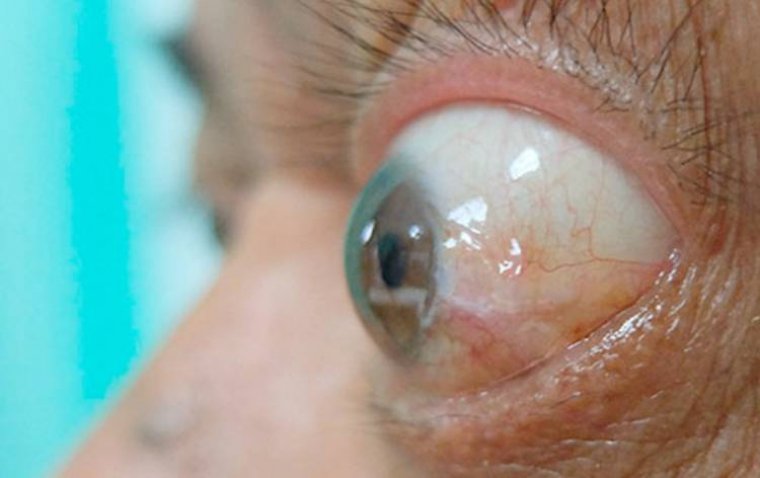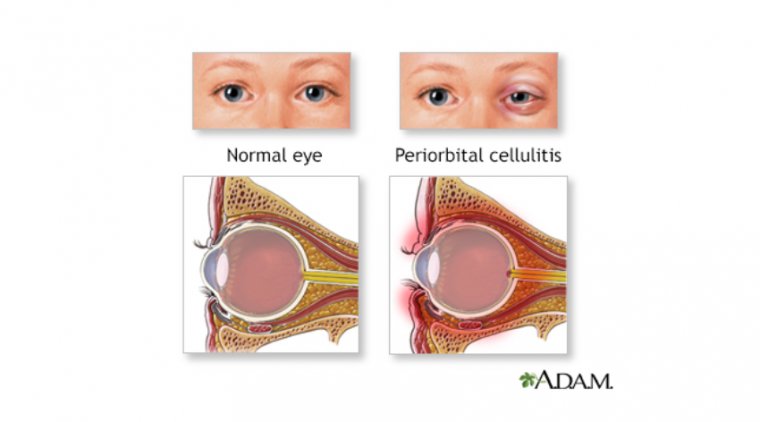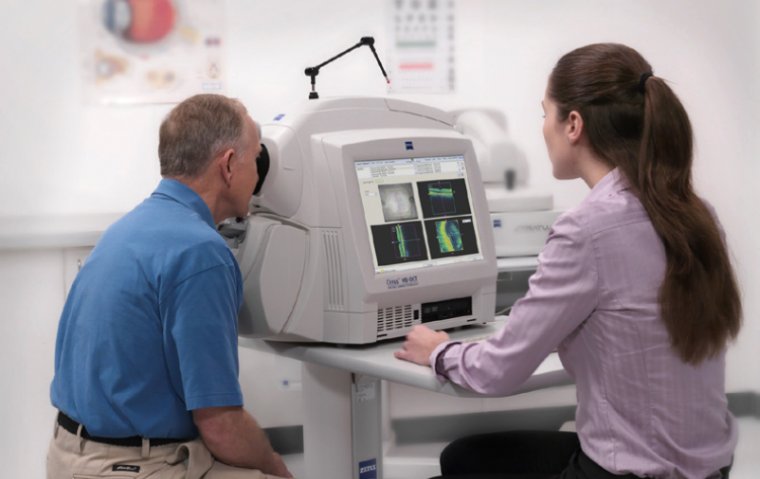
OMNI Surgical System Greatly Reduces Medication Usage in Glaucoma Patients
Sight Sciences released study findings demonstrating that patients with glaucoma who had undergone procedures using their OMNI Surgical System technology had a greater average reduction in the usage of intraocular pressure-lowering medication compared to those who had received only minimally invasive glaucoma procedures or cataract surgery.
In glaucoma patients, OMNI Surgical System technology in combination with cataract showed greater reduction in medication use compared to other procedures, according to a 12-month retrospective sub-analysis study. The study compared nearly 17,000 medical records across four cohorts: OMNI, iStent Inject with cataract, Hydrus with cataract, and cataract surgery alone. Patients in the OMNI cohort had a statistically significant mean reduction from baseline of 1.01 glaucoma medications at 12 months post-operatively.
The OMNI Surgical System is a single-use device that targets three points of resistance within the eye. The FDA has cleared it for canaloplasty and trabeculotomy to lower intraocular pressure in adults with primary open-angle glaucoma. The device is protected by global patents and is included in Sight Sciences' portfolio.
Sight Sciences collaborated with Verana Health, a digital health company, on the study, which analyzed data from medical records of patients in the American Academy of Ophthalmology (Academy) IRIS Registry (Intelligent Research in Sight). The primary endpoint evaluated the reduction of intraocular pressure and medication use among FDA-cleared procedures.
“Given the limitations and challenges inherent in topical intraocular pressure-lowering medications, such as long-term adherence and adverse events that contribute towards discontinuation, the meaningful reduction in medication usage for patients with mild glaucoma with the OMNI technology is significant,” said Dr Michael Mbagwu, adjunct clinical instructor of ophthalmology at Stanford University School of Medicine and senior medical director of Verana Health.
“As physicians, we should be open to tailoring treatment options in a patient-specific way, including offering minimally invasive surgeries as a means for both intraocular pressure and medication reduction. This sub-analysis shows differential outcomes for the most commonly used minimally invasive surgeries in the real-world setting and should inform future conversations.”
(1).jpg)










